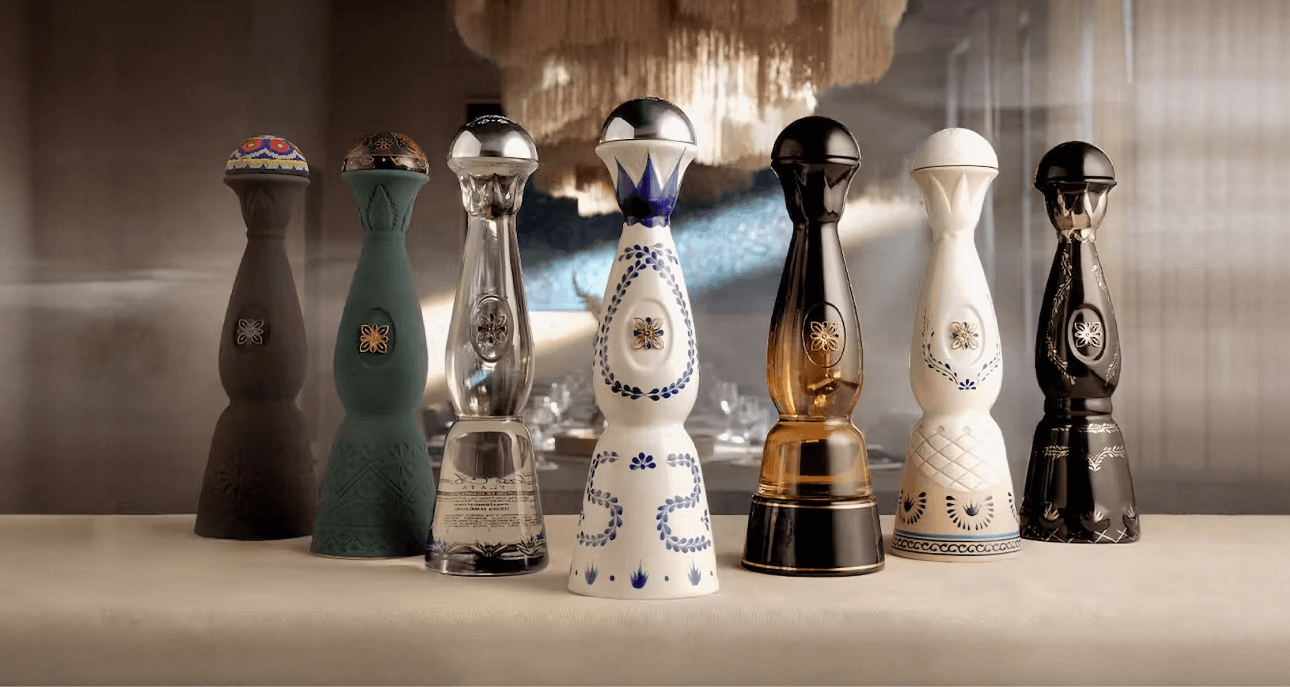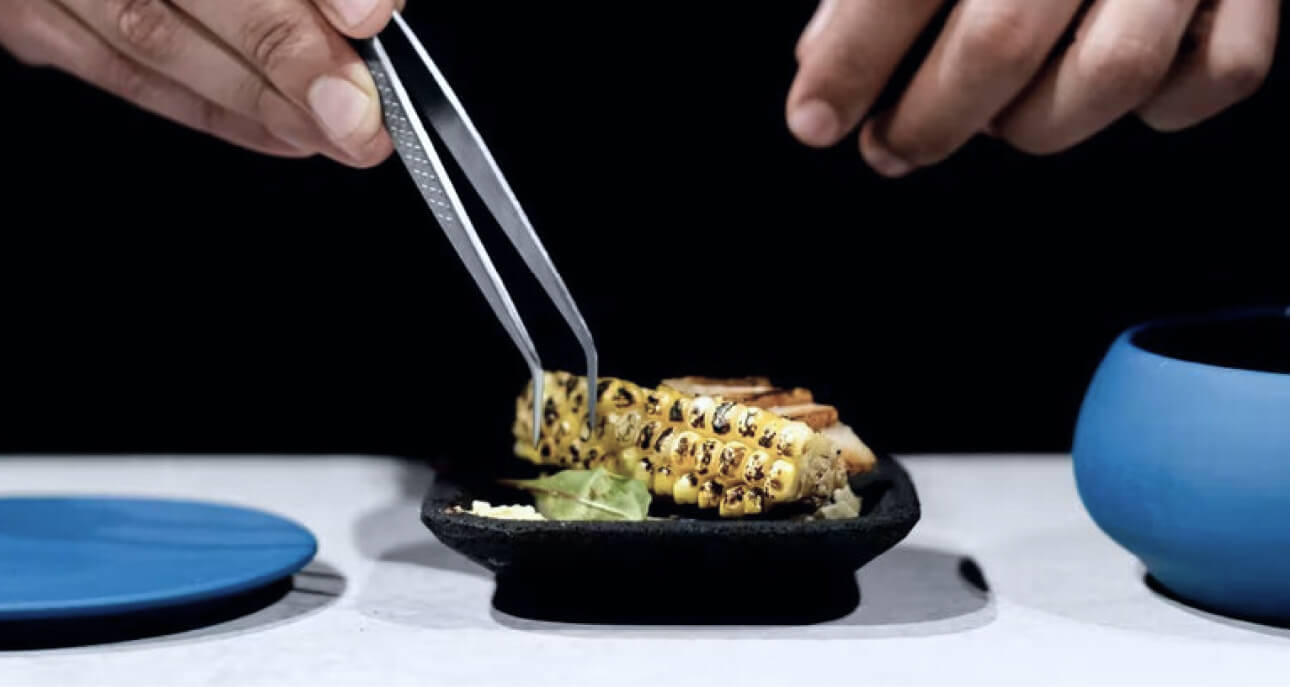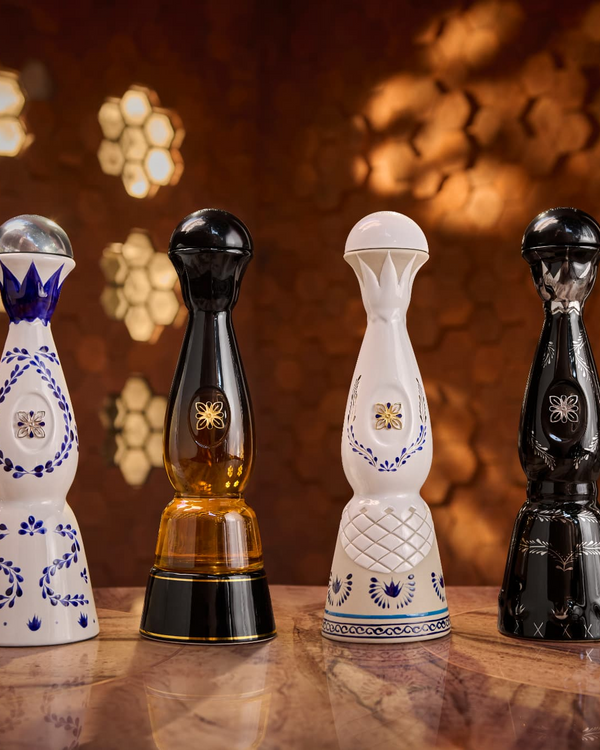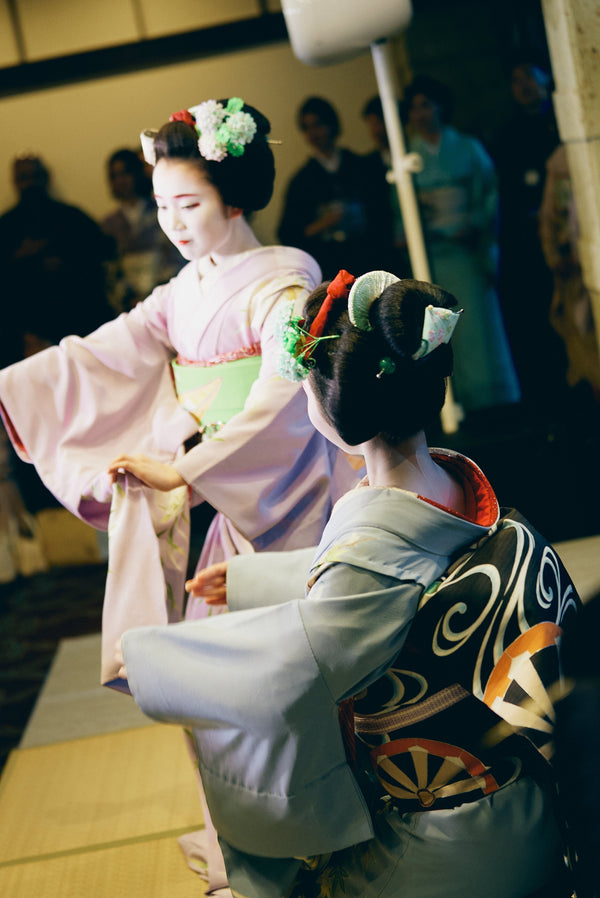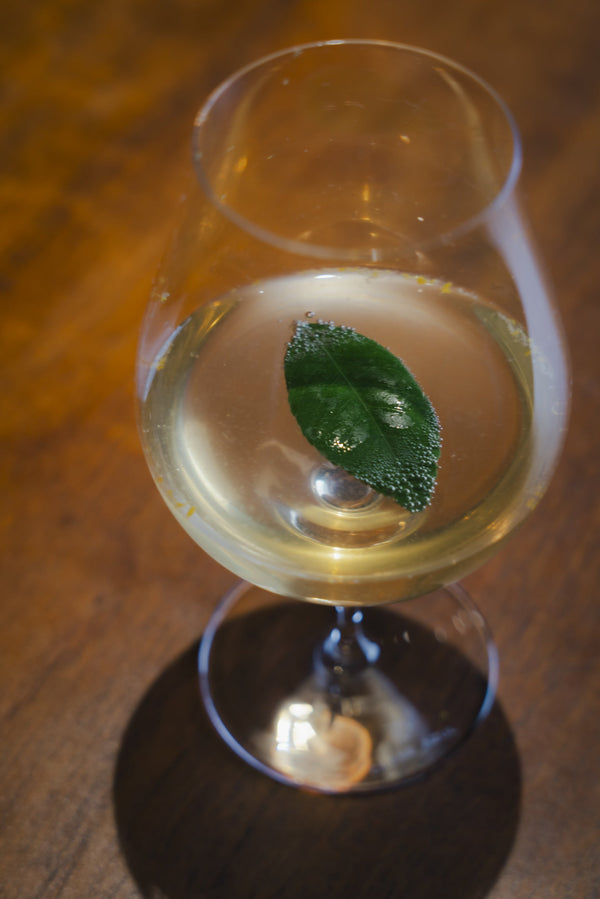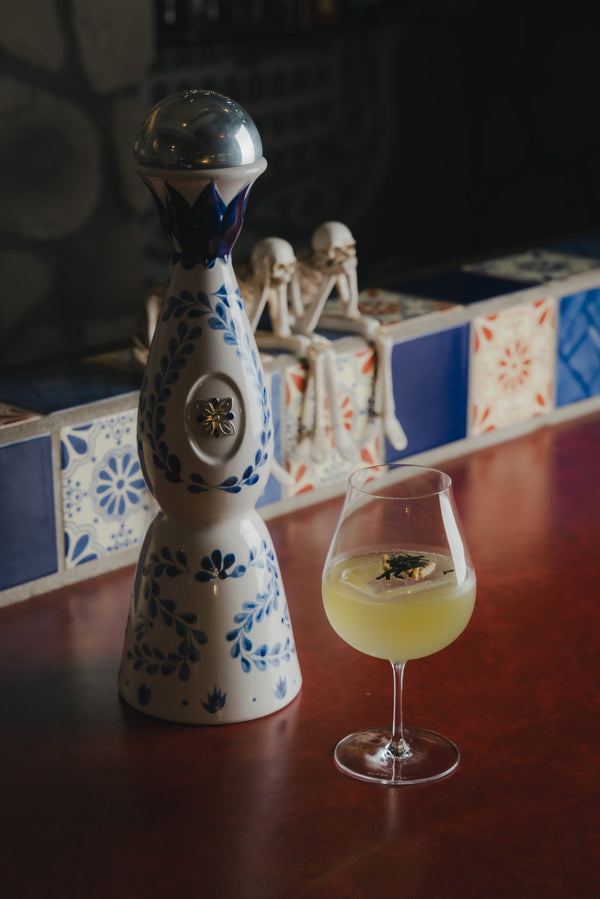A distilled spirit called "mezcal" is gaining attention among trend-sensitive people as well as those who love to drink. Mezcal, which is made from agave, a succulent plant native to Mexico, is steadily gaining popularity in Japan, as evidenced by the appearance of specialty mezcal bars.
The healthy aspects of mezcal, such as 'almost no sugar' and 'less likely to give you a hangover,' are appealing, but there is no end to the number of people who are fascinated by the craft-like manufacturing process and the uniqueness of each distillery.
Mezcal is beginning to gain tremendous popularity among trendsetters, and I urge you to keep an eye out for it.
Two reasons why I recommend the distilled spirit "Mezcal".
Reason 1: Smoky aroma with agave-derived botanicals
One of the attractions of mezcal is its unparalleled and unique flavor.
Tequila and mezcal are both distilled spirits made from agave, but their flavors are very different.
Mezcal has a smoky aroma due to the steaming of agave along with rocks and volcanic rocks in underground pits during the production process. The agave-derived botanicals and smokiness combine to create a taste and aroma like no other liquor.
Unlike tequila, it can be made with a wide variety of agave, which gives it a rich variety of flavors. You can enjoy such unique flavors with a complex interplay of various aromas reminiscent of smoked bacon, fresh wood, herbs, and more.
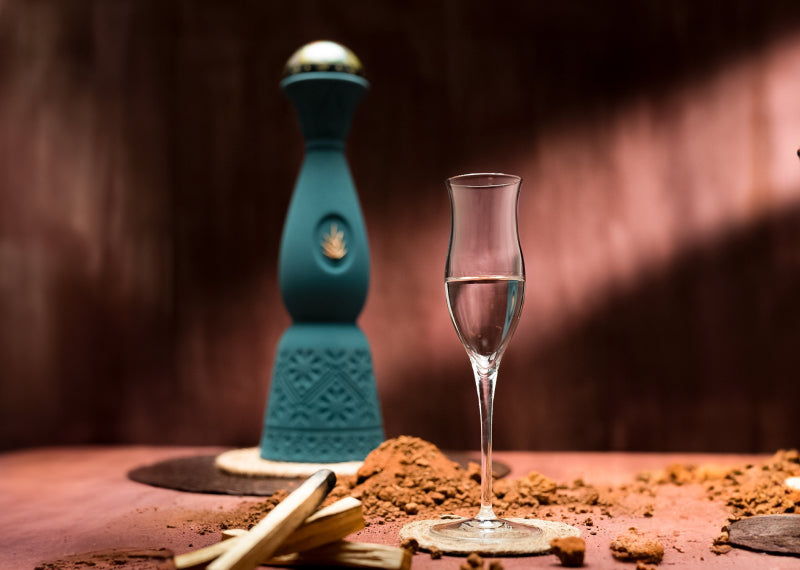
Reason 2: Craftsmanship that preserves tradition
Another thing worth noting is the production method.
Most of the mezcal on the market is made in a hut called a 'palenque,' following traditional methods. There is very little reliance on machines, and in many cases the production is done by hand by artisans.
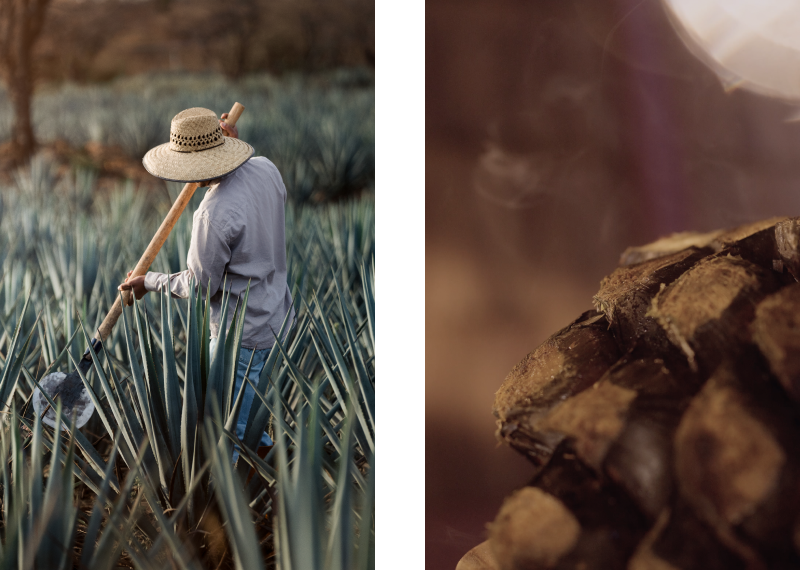
For example, many distilleries use horses or human power to pull and turn a millstone to press juice from agave after steaming. Mezcal is a product of craftsmanship, and the time and effort that goes into making it is a gem.
Trending words are "Craft" and "Mexican Spirits".
To discuss the trends surrounding mezcal, I would like to mention "Mexican Spirits".
Mezcal is protected by a 'Designation of Origin' that only allows it to be made in nine Mexican states* (Oaxaca, Durango, Zacatecas, Guerrero, San Luis Potosi, Tamaulipas, Guanajuato, Michoacan and Puebla) to bear its name.
*As of January 2023.
Did you know that there is a growing movement to protect Mexican spirits as a whole with designations of origin, following in the footsteps of tequila and mezcal, whose popularity and status have been elevated by the protection of designations of origin?
"Sotol," for example, is a distilled liquor made from the succulent "dasiriririon," a member of the pteridophyte family. Sotol is made using traditional methods and has many fans for its natural sweetness.vThis "Sotol" has obtained a Designation of Origin for the dasirirrion it is made from, which is native to the states of Chihuahua, Durango, and Coahuila."
The company has also obtained a Designation of Origin for "Bacanora," a distilled spirit originating from the state of Sonora. Only agave pacifica of the espadín variety, which grows in the mountainous regions of Sonora, is used in the distillation process, which has been handed down from generation to generation.
Small breweries and distilleries, including craft beers and natural wines, are attracting attention in Japan. It won't be long before we see Mexican spirits with a craft feel, such as "Sotol" and "Bacanora," in bars around town.
For your first mezcal, "Clase Azul Mezcal Guerrero".
Mezcal expresses different tastes and aromas depending on the producer and where the ingredients come from. One of the charms of mezcal is that it can be enjoyed like wine.
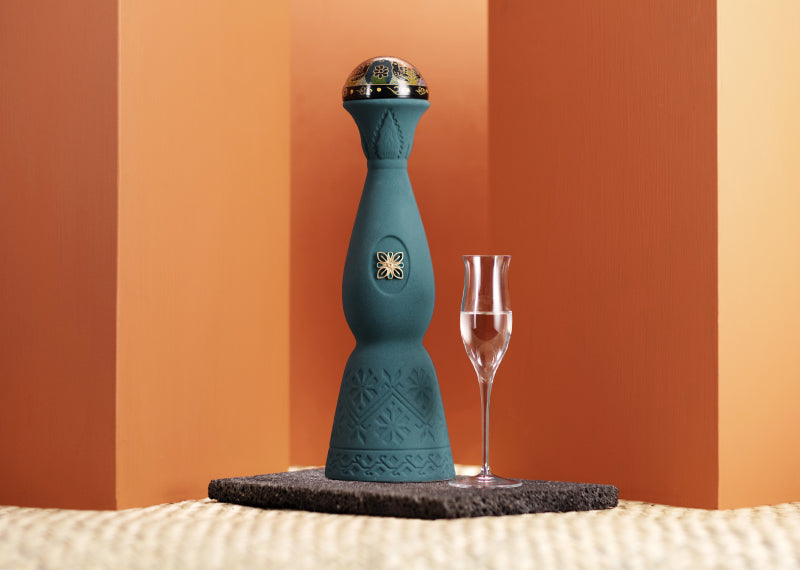
I would recommend "Clase Azul Mezcal Guerrero" as a first-time mezcal drinker. This bottle combines deep aromas of grapefruit skin, fresh wood, and rosemary with the one-of-a-kind flavors of fresh wood, seaweed, lemon juice, pepper, and a hint of tobacco. The decanter, which expresses traditionality, and the cap, made of Mexican lacquerware with delicate craftsmanship, are also noteworthy features.
Clase Azul Mezcal Guerrero
From Boom to Culture
Mezcal has a great appeal not only in terms of its distinctive flavor and aroma, but also in terms of its craftsmanship. Mezcal is currently enjoying a boom in popularity, but the day when mezcal is recognized as a part of Mexican culture is sure to come soon.

